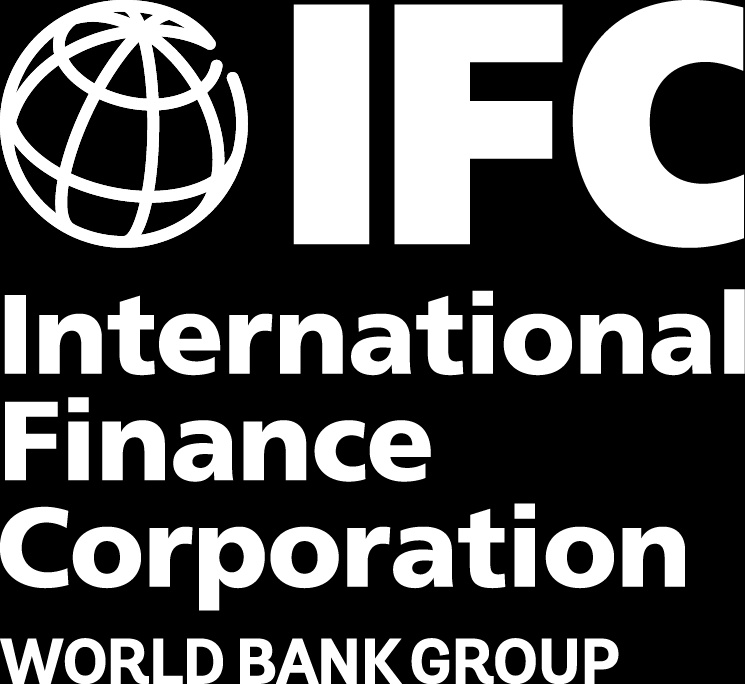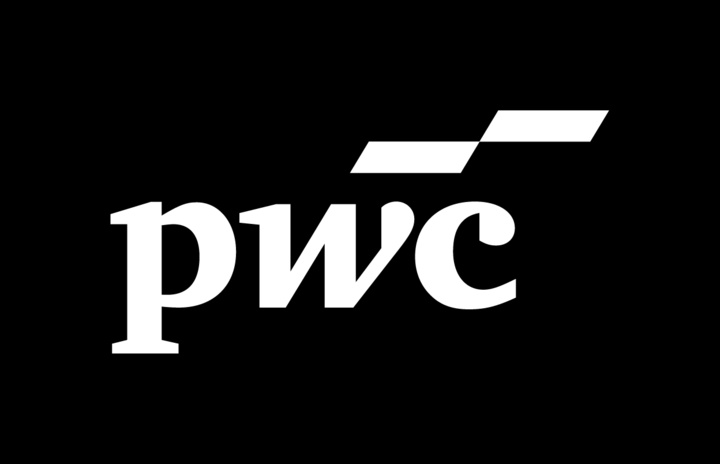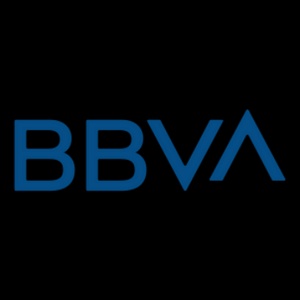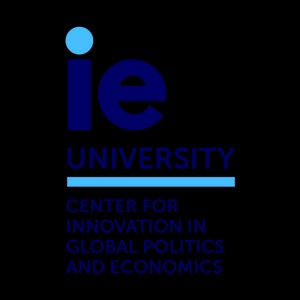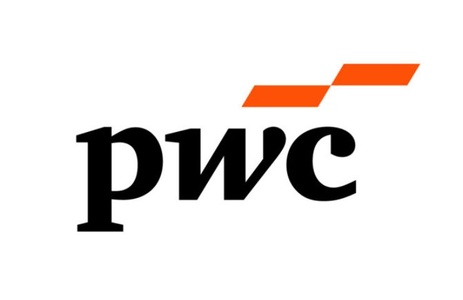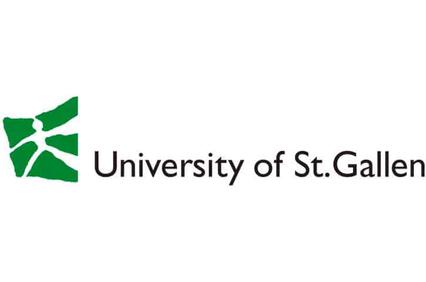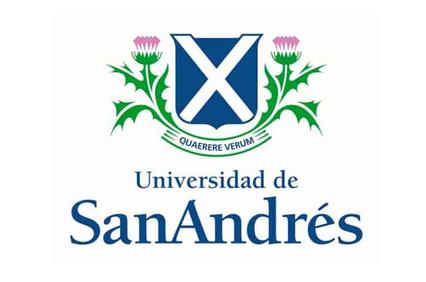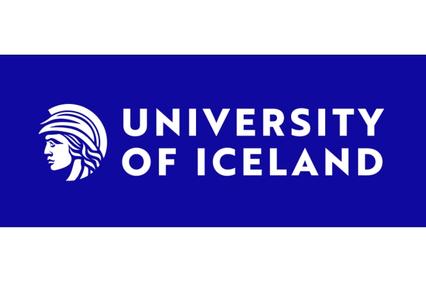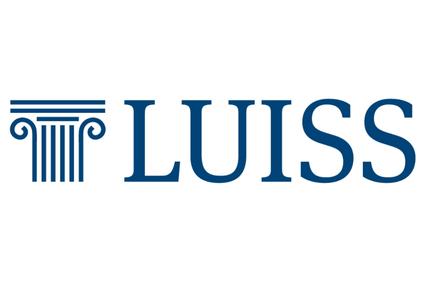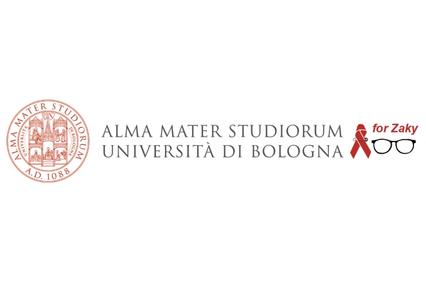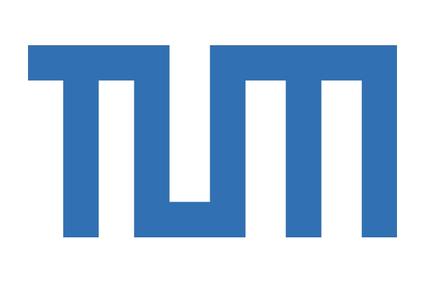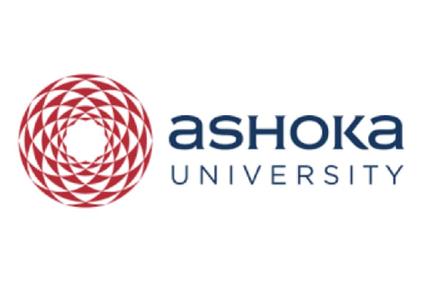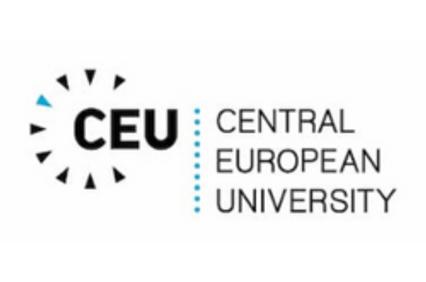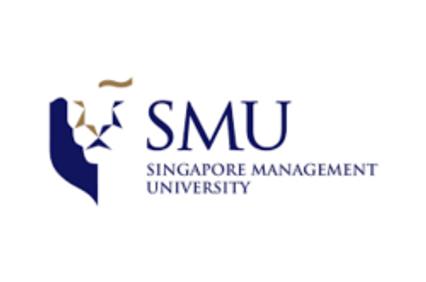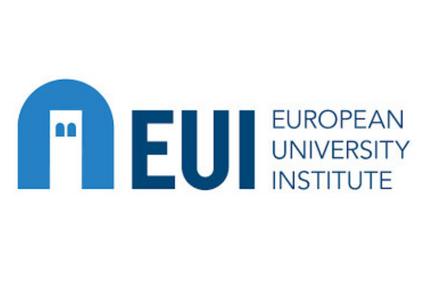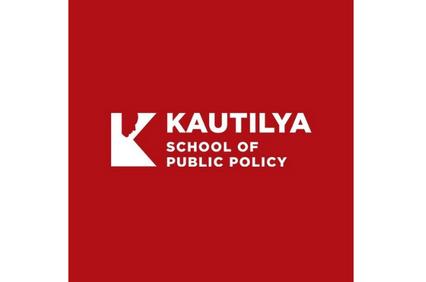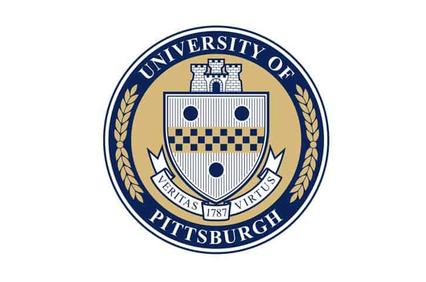
THE MASTER IN APPLIED ECONOMICS PROGRAM
THE MASTER IN APPLIED ECONOMICS PROGRAM
Gain hands-on experience and learn from leading industry experts and academics, boosting your career prospects in just ten months. The program is divided into three terms, offering students a mixture of core courses, elective specialist tracks, and a Final Project. Classes will take place in our vibrant and diverse Madrid campus.
POWERED BY RESEARCH, METHODS AND DATA
The Master in Applied Economics gives you all the industry know-how, with a practical twist. The far-reaching study plan is designed to future-proof your skill set. You’ll combine theory, research and data analysis to respond to real-world economic issues, giving you the hands-on experience that recruiters are looking for.
From learning about the fundamentals of economics to analyzing case studies and forecasting from models, you’ll be well-equipped to launch a successful career in finance, consulting or public policy. Choose from one of five tracks in your third term to specialize and further your skills.

WANT TO KNOW MORE?
EXPLORE THE MASTER IN APPLIED ECONOMICS
EXPLORE THE MASTER IN APPLIED ECONOMICS
- Pre-Program
- TERMS10 Months
- Final Project
- ADD-ONS
- 1st termSEPTEMBER – DECEMBER
- 2ND TERMJANUARY - APRIL
- 3RD TERMAPRIL - JULY
- Pre-Program
- TERMS10 Months
- Final Project
- ADD-ONS
*Please note that our program content is continually updated to remain in sync with market demands. Therefore, we advise you that the content is subject to change and it can be dependent on student demand.

OFFICIAL DEGREE
OFFICIAL DEGREE
Students must fulfill the following requirements to be able to request the issuance of the Official University Degree upon completion of the Master Program. If educational prerequisites are not provided and/or if the requirements are not met on time, the student will not be able to request the official university degree as issued by the Spanish government. In this case, the studies will not be official under Spanish educational regulations.
PERSONALIZE YOUR PROGRAM
PERSONALIZE YOUR PROGRAM
After mastering the fundamentals, you’ll have the freedom to tailor your learning journey by choosing from specialization tracks aligned with current market needs. The Sustainable Finance track and the Financial Technologies & Artificial Intelligence track are offered in collaboration with our world-renowned Master in Finance, giving you the opportunity to share classes with finance students and deepen your expertise in key financial disciplines. Select the track that best suits your own career path from:
ECONOMICS FOR PUBLIC POLICY
This track is ideal for socially driven professionals aiming to shape public policy in institutions like the IMF, World Bank, or national governments. It explores areas like health, education, poverty, and labor to build a solid foundation in economic policymaking.
ECONOMIC ANALYSIS FOR CORPORATIONS
This track is for ambitious corporate leaders looking to master the technical side of economics. If you're interested in modeling, quantitative methods, or applying machine learning and data analytics to business, this is for you. Gain in-demand skills for roles in operations, asset management, investment modeling, and financial services.
ECONOMIC CONSULTANCY AND MARKET REGULATION
If you’re aiming to join top-tier consulting firms, this track will give you the strategic vision you need. You'll combine expertise in M&A, pricing, project evaluation, and market dynamics—putting you on the radar of the world’s leading consultancies.
SUSTAINABLE FINANCE
This track is for forward-thinking professionals eager to align financial expertise with sustainable impact. You'll master ESG investing, analyze green private equity, and navigate the financial side of the energy transition—gaining the tools to lead responsibly in the evolving global market.
FINANCIAL TECHNOLOGIES & ARTIFICIAL INTELLIGENCE
This track is for professionals eager to harness the power of AI and digital innovation in finance. Explore machine learning, generative AI, algorithmic trading, and DeFi while gaining hands-on experience with Python, neural networks, and blockchain. Ideal for tech-driven leaders ready to redefine financial strategy and infrastructure.
*Providing an enriching learning environment is one of our priorities. With this in mind, if only a small number of students enroll in a specific track, that track will not run that academic year.
CAPSTONE PARTNERS
CAPSTONE PARTNERS
For their final project, students of the Master in Applied Economics can choose between an individual, research-oriented thesis or a practical team-based Capstone Consulting Project. Underneath you can find capstone partners for the Master in Applied Economics.
NOTE: The partners listed here are from previous intakes. Partnering institutions may vary from year to year.
WHAT IS A CAPTSONE PROJECT
HEAR FROM OUR STUDENTS
GET TO KNOW MORE ABOUT THIS MASTER PROGRAM
GET TO KNOW MORE ABOUT THIS MASTER PROGRAM
Daniel Fernández, Academic Director of the Master in Applied Economics & Vice-dean of Economics, explains in-depth this program.
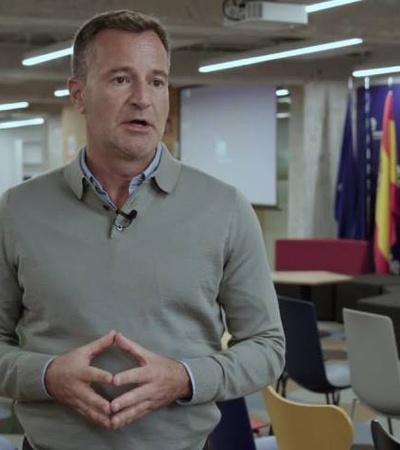
IMMERSION WEEK EXPERIENCE
IMMERSION WEEK EXPERIENCE
As part of your Master in Applied Economics, you will have the opportunity to be part of a one-week field trip where you will visit top companies in the field and get first-hand insights from leading industry experts. This is a great way to understand how these international organizations are tackling global challenges.
* Visits to organizations may vary from one year to another.
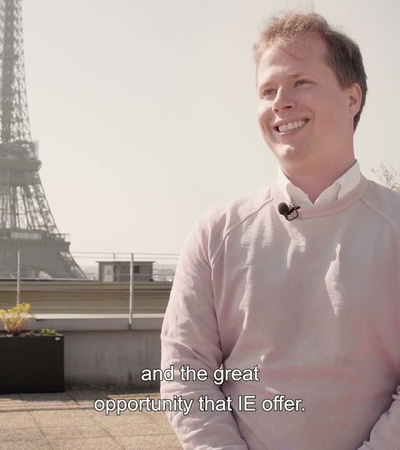
PARTNER UNIVERSITIES FOR THE EXCHANGES
PARTNER UNIVERSITIES FOR THE EXCHANGES
You can personalize your program by spending an additional semester at one of our partner universities worldwide, following the third and final semester in Madrid. Our agreements with these institutions offer you the chance to gain international experience and expand your learning at some of the world's top universities.
NOTE: Spots are limited in all exchange programs. Upon acceptance into an exchange program, there is a fee for reserving your place, but tuition at the partner institution is free of charge. You'll only need to cover your living expenses while there.
UNIVERSITY OF ST. GALLEN
SCIENCES PO
UNIVERSIDAD DE SAN ANDRÉS
UNIVERSITY OF ICELAND
LUISS, ROMA
UNIVERSITY OF BOLOGNA (ITALY)
TECHNICAL UNIVERSITY OF MUNICH
Ashoka University
Central European University (CEU), Austria
Singapore Management University (SMU), Singapore
Hochschule für Politik München / Bavarian School of Public Policy
EUI (European University Institute)
Kautilya School of Public Policy
Univeristy of Pittsburgh, Graduate School of Public & International Affairs
Frequently Asked Questions
Frequently Asked Questions
What can I expect while studying the Master in Applied Economics?
The ten-month Master in Applied Economics begins with a focus on fundamentals such as macroeconomics, microeconomics and statistics, before advancing into practical and technical skills in the second term. The third and final term features a chosen specialization track.
What specialization can I choose during my Master in Applied Economics?
During the third and last term of the program, you can choose one of three specialization tracks: Economics for Public Policy, Economic Analysis for Corporations or Economic Consultancy and Market Regulation. This allows you to delve deeper into the area that interests you most while gaining deep knowledge and practical experience.
What experiences can I take part in during the Master in Applied Economics?
As part of the Master in Applied Economics, you can participate in Immersion Week, a one-week international field trip to visit top companies in various global hubs and gain firsthand insights from leading industry experts. Additionally, you can choose to spend an exchange semester abroad after your final term in Madrid. Our partner universities include Sciences Po, University of Bologna, University of Iceland and Singapore Management University, among others.
For the final project, you can choose between doing a research-oriented thesis or a practical consulting project alongside corporate partners such as BBVA and Caixa Bank, among others.
What skills do I need to apply for the Master in Applied Economics?
When applying for the Master in Applied Economics, it’s important to have a solid academic background with a high GPA in your undergraduate degree, or high grades in economics, statistics and math.
Can I take a semester to study abroad during the Master in Applied Economics?
After completing the final semester of the Master in Applied Economics in Madrid, you can choose to spend an additional semester studying abroad. Our agreements with global partner universities allow you to spend the exchange semester learning at one of eight top academic institutions around the world.
I don’t have a very mathematical or analytical background. Any tips to help me excel in the Master in Applied Economics?
The Master in Applied Economics is designed to give you a firm understanding of fundamental and advanced economic concepts, no matter your background. Through a blend of theory, case studies and quantitative methods, you’ll quickly find your footing in the program. It’s rigorous and challenging, but with some helpful tips from our current students , you’ll be ready to excel throughout your academic journey.
